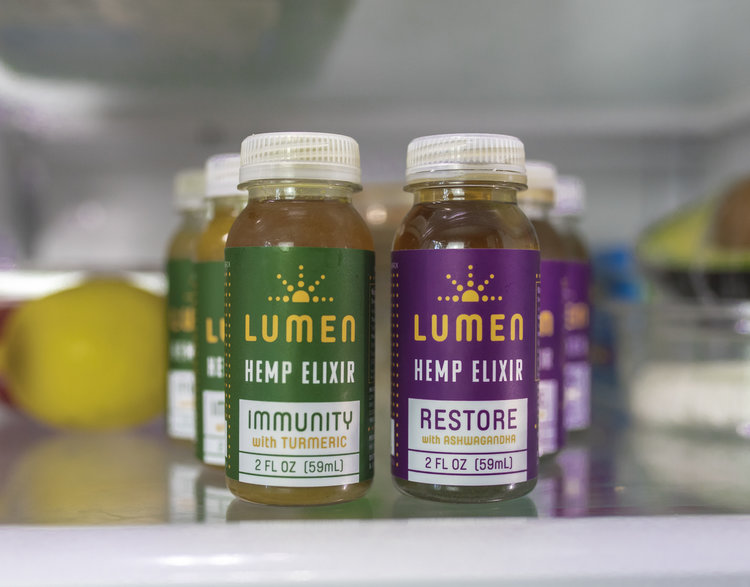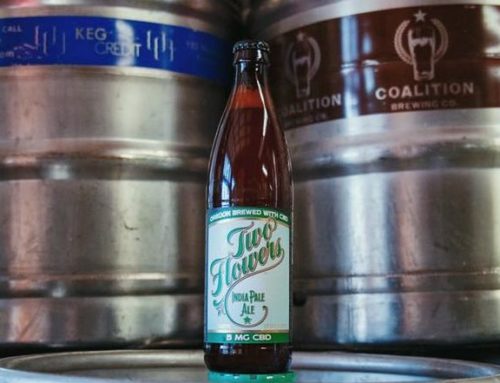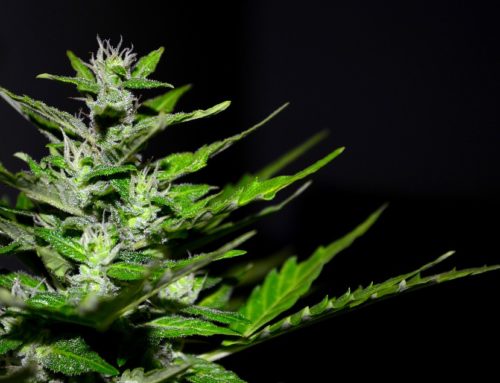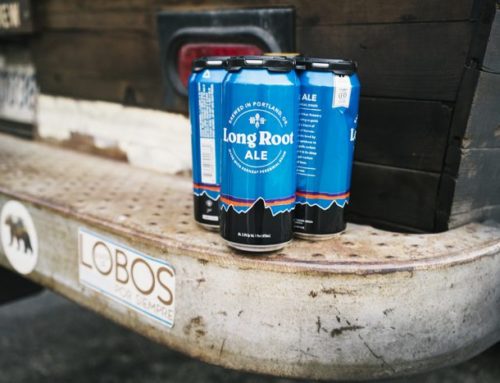Cannabis has plenty of nutrients, something that we are discovering more about as it becomes more legally available around the world. Hemp, a cannabis variety lower in THC, is similarly high in beneficial compounds. Like food, however, the nutritional quality of the hemp depends on the quality of the soil. As with food, soil conservation and improvement techniques are becoming essential. Regenerative farming is one of the ways to help restore soil health.
Juicing Hemp
Hemp is known best for its industrial uses of its fibers. These uses range from textiles to paint and even insulation. It is also great source for fiber, protein, as well as vitamins and minerals. Furthermore, hemp also contains CBD, which alleviates inflammation and reduces anxiety and depression. Juicing hemp, especially via cold pressing, preserves the nutrients that are in the plant. However, the hemp is only as good as the soil, which is why farming practices are so important.
Regenerative Farming
Recently, there has been a lot of awareness being drawn to regenerative agriculture. Regenerative farming aims to “rebuild soil organic matter and restore degraded soil biodiversity – resulting in both carbon drawdown and improving the water cycle.” It’s an important farming practice that maintains and improves the health of soil.
The Craft Sense team recently connected with a company born out of regenerative farming. Lumen is a juice companywho sources hemp from their own regenerative partner farm in Southern Oregon. They are a farm-to-bottle company where they have strict control over the raw material that goes into the drink.
About Lumen
Lumen has 2 products today using cold-pressed, regenerative hemp: the Immunity and Restore elixirs. These shot-sized drinks also include Ayurvedic herbs and other functional ingredients like spirulina and citrus juices. These drinks can be a supplementary product to your wheatgrass or ginger shot and also go well in smoothies and even cocktails.
While Lumen sources all the raw material ingredients responsibly, they do use plastic bottles. We spoke with co-founder Kris, who is acutely aware of their plastic usage. He is actively searching for ways to eliminate the use of plastic or other wasteful materials along the supply chain. One idea is that they could produce a bottle made from bio plastic produced from their farm waste. This would be a huge achievement that would allow them to have a nearly closed-loop company and reduce their environmental impact.
We’re excited for how this pioneering company tackles the problems inherent to our food production. It’s not easy, but someone has got to do it!






